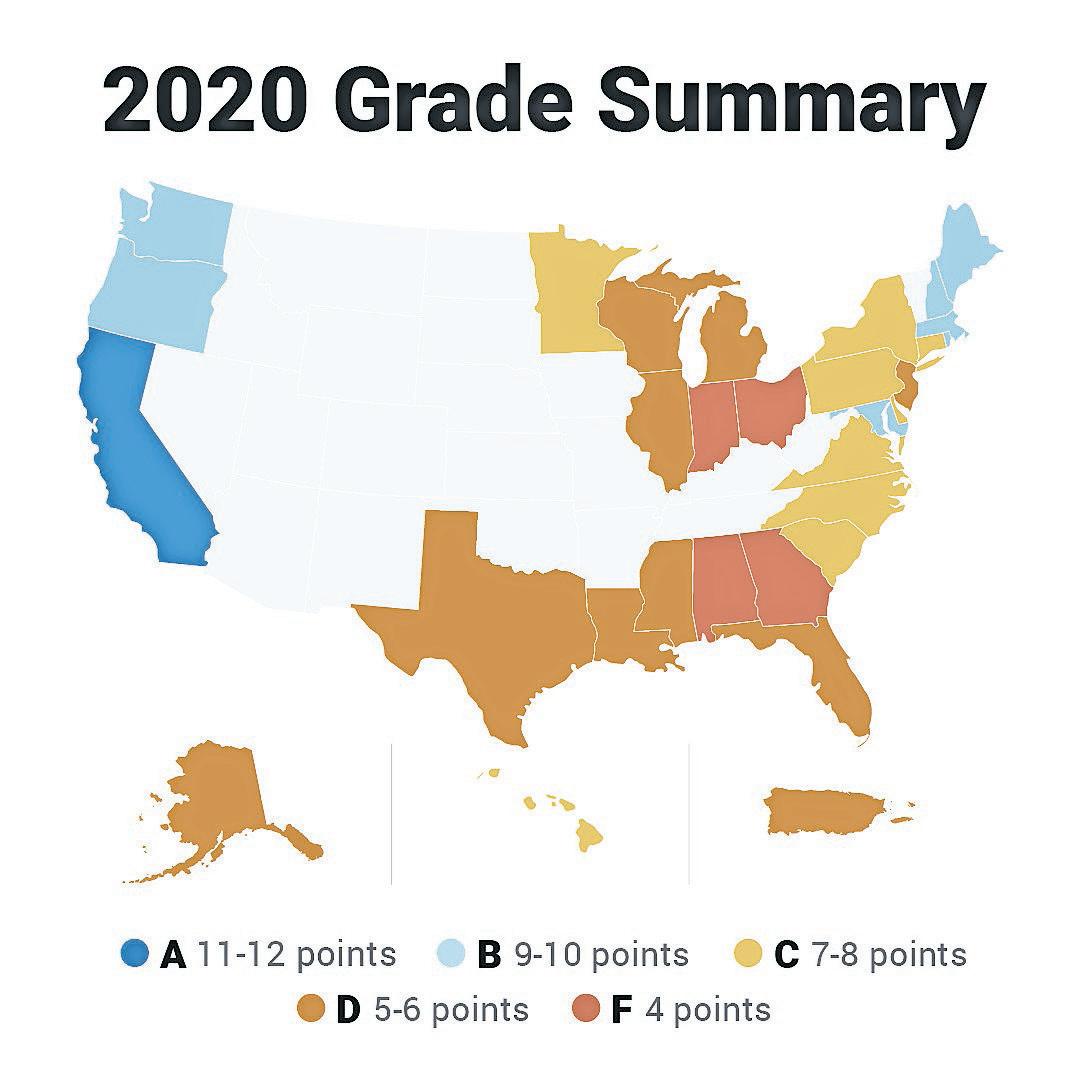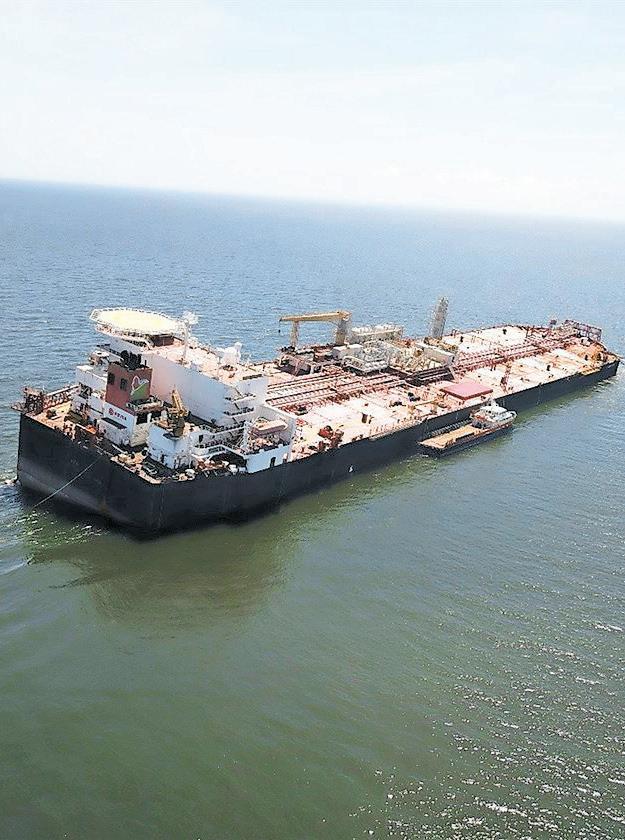
2 minute read
puerto riCo a FailinG GraDe
Puerto Rico Receives a ‘D’ Grade in Coastal Management
Surfrider Foundation looked at coastal erosion, sea level rise and planned development
Advertisement
Rosario Fajardo rfajardo@wjournalpr.com @RosarioWJournal
Puerto Rico has received a near failing grade in the Surfrider Foundation’s “2020 State of the Beach Report.” The island received low marks in sediment management, coastal armoring, development and sea level rise.
“This lush island is no stranger to climate change vulnerabilities, as environmental impacts such as Hurricane Maria have brought major setbacks to the region. Currently, these impacts are already taking their toll on the island, causing major issues such as conflicts over water rights. Transparent regulations are needed to mitigate coastal erosion and impacts from climate change. In addition, the territory would benefit from increased aid from the federal government,” said the 88-page report.
Surfrider’s findings include:
• Puerto Rico does not have a sand management plan, an inventory of sand resources, policies on beach nourishment standards or an effort to restore natural sediment flow to the coast. • Puerto Rico does not have any codified statewide/territory statutes that restrict the construction or repair of hard stabilization structures. After Hurricane Maria, emergency permits for additional armoring were readily available. Fortunately, Puerto Rico has made progress in promoting more proactive adaptation
>Courtesy of the Surfrider Foundation

methods. • On the surface, the territory has a good islandwide coastal development setback standard of 50 meters, or 2.5 times the building height, from the high tide line; however, waivers and exemptions make this policy ineffective. • Puerto Rico has also implemented strong programs to protect mangroves and coral reef ecosystems, which provide critical ecological benefits and help mitigate damage from coastal hazards. Codified policies to further protect these areas would be beneficial. The nonprofit Surfrider Foundation is dedicated to the protection and enjoyment of the world’s ocean, waves and beaches, for all people.
The 2020 State of the Beach Report grades 31 U.S. states, and the U.S. territory of Puerto Rico, on their policies to protect our nation’s beaches from: coastal erosion, sea level rise, and poorly planned development. California was the only state to receive an “A” grade. The results reveal 74 percent of coastal states are doing a mediocre to poor job of managing our nation’s shorelines and preparing for future sea level rise. “From unprecedented fires, to extreme hurricanes, and increasing sea level rise, local communities are presently experiencing climate change impacts,” said Stefanie Sekich-Quinn, Coastal Preservation Manager at the Surfrider Foundation. “Scientists predict these impacts will continue to grow, especially for coastal communities.
“Therefore, it is imperative that states and municipalities improve shoreline management practices by curtailing poorly planned development, planning for sea level rise, and investing in proactive, nature-based solutions. Our report recommendations aim to improve responses to coastal threats, thereby ensuring strong, resilient coastlines for the future generations,” she added. A new mapping effort conducted by the First Street Foundation shows that in the future, the U.S. will experience drastically more flooding than previously calculated by the Federal Emergency Management Agency (FEMA). According to Surfrider, the conclusions are daunting, and estimate that 14.6 million properties are at risk from a “100-year flood,” far more than the 8.7 million properties estimated by FEMA. The new mapping effort also uncovered that 70 percent more buildings in the U.S. are vulnerable to flood risk than previously thought, with most of the flooding impacting low-income neighborhoods.



